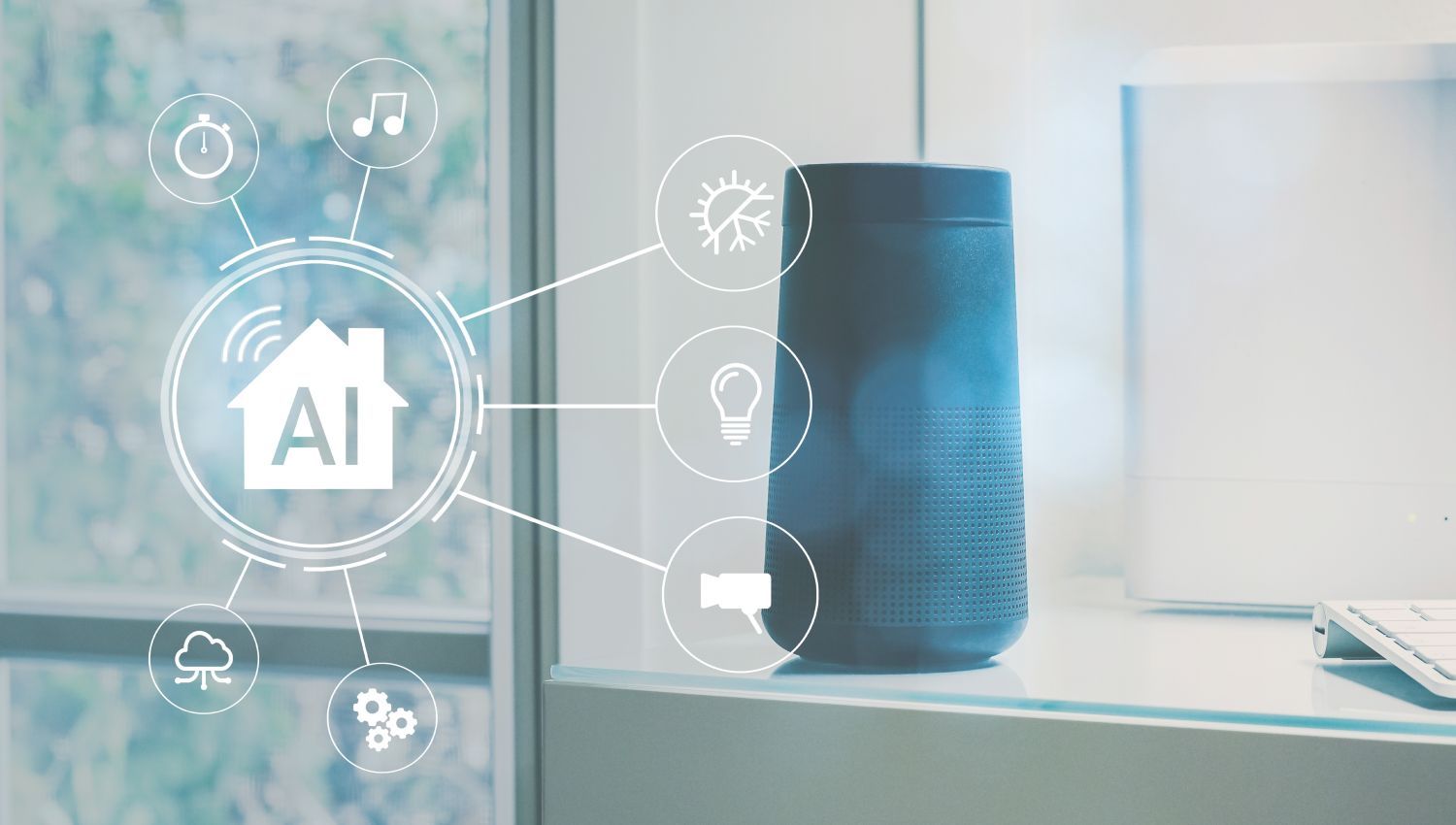AI Meets AV: The future of intelligent environments in residential spaces

At the forefront of this transformation is CEDIA, the global authority on home technology integration. AI is increasingly spotlighted as a key driver of innovation, with integrators exploring how machine learning, predictive automation, and intelligent control systems are reshaping the residential AV landscape.
Insights from industry veterans Peter Aylett and Rich Green, shared in a recent episode of The Integrated Home podcast, offer a grounded and visionary perspective. Rich Green described AI as a “significant evolutionary milestone,” noting that the real excitement lies in conversational AI powered by large language models (LLMs). These systems, such as JoshGPT from Josh.ai, can interpret vague natural-language queries and deliver intelligent responses, marking a shift from command-based control to intuitive interaction.
Peter emphasised AI’s potential as a tool to enhance the human condition. He advocates for AI’s role in supporting individuals with cognitive or physical impairments, helping them maintain independence and dignity through intelligent home environments. This aligns with a broader industry movement toward human-centric design, where technology adapts to users rather than the other way around.
The podcast also highlighted how AI is democratising home automation. For example, Rich shared an example of a programmer using ChatGPT to write Siri automation scripts for a fully automated home in about four hours – a task that traditionally requires extensive time and expertise. “The new programming language, as I like to say, is English,” he commented. “You just give it an English command and a structured series of prompts, and it’ll write the code that will communicate with Siri and with Homekit and automate your home.” This illustrates how AI can accelerate development, reduce costs, and empower integrators and homeowners alike.
Looking ahead, both experts envision a future where AI becomes deeply personal and private, functioning as a “guardian angel” – a constant assistant embedded in sensor networks, wearables, and augmented reality interfaces. This vision points to a post-app era, where AI interfaces directly with AV systems via APIs, enabling autonomous, context-aware control without user intervention.
However, this future also brings challenges. Peter Aylett warned of the privacy trade-offs inherent in AI-driven environments, noting that intelligent systems require data to function effectively. Integrators must act as ethical gatekeepers, ensuring transparent conversations about data usage and protecting clients from potentially harmful implementations.
For systems integrators and AV professionals, the message is clear: the time to develop an AI strategy is now. Said Peter: “I heard someone say that there are two kinds of companies in the world: there are companies that have an AI strategy, and there are companies that have no future.”
So investing in AI expertise, experimenting with new tools, and staying informed are essential for remaining competitive and relevant. CEDIA’s educational initiatives and standards provide a vital foundation for navigating this rapidly evolving landscape.
Stay informed!
ISE 2026 takes place in Barcelona on 3-6 February 2026. For more updates on AI, smart home technology and much more, and to discover more about ISE 2026 as details are released, sign up for updates.
Don't miss out – join our community today and keep up to speed with all the latest industry trends.

)
)
)
)
)
)
)
)
)
)
)

)
)
)
)
)
)
)
)
)
)
)
)
)
)
)
)
)
)
)
)
)
)
)
)
)
)
)
![[inst]ALLICHT](https://cdn.asp.events/CLIENT_Integrat_169E7B04_E6F3_39F6_8BE4DB27C54F731E/sites/ise-2026/media/libraries/partners/Inst_Allicht_Logo.png/fit-in/500x500/filters:no_upscale())
)
)
)
)
)
)
)
)

)
)
)
)
)
)
)
)
)
)
)
)
)
)
)
)
)
)
)
)
)
)
)
)
)
)